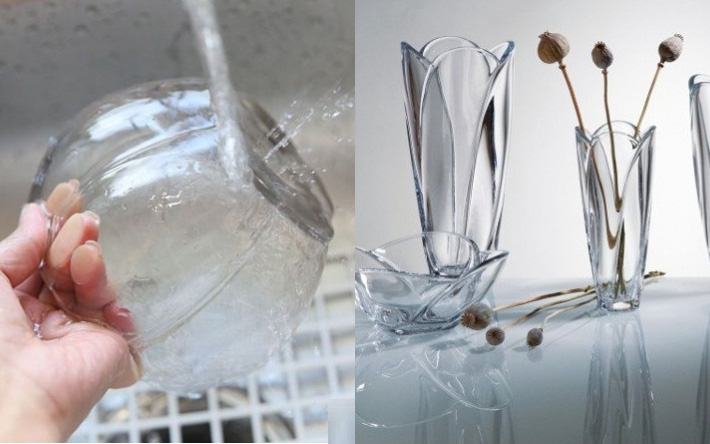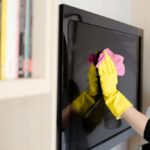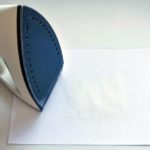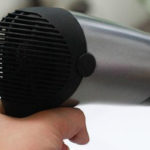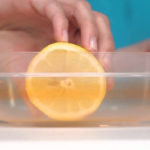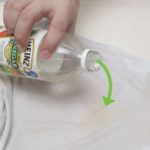Since the outbreak of the Covid-19 pandemic, there has been a surge in the consumption of cleaning agents. However, that does not mean you should substitute bleach with vinegar.
Both vinegar and bleach are useful tools in your cleaning arsenal. Bleach and vinegar cannot be substituted for each other. That’s because there is a difference between a cleaner and a disinfectant, and you need different products for both.
Of course, vinegar and bleach should never be used together. When combined, they create deadly chlorine gas.
The Distinction between Cleaning and Disinfection
Put simply, cleaning is the process of removing dust, debris, and dirt, as well as some bacteria, from a surface.
Meanwhile, disinfectants are substances that kill microbes. Specifically, disinfectants are products that can exterminate nearly everything on surfaces.
The Distinction Between Vinegar and Cleaning Solvent: Unveiling the Truth
Vinegar is highly effective for cleaning purposes. It is a mild acid, which helps break down dirt, especially mineral deposits left behind by hard water. And while vinegar has “antiseptic qualities,” meaning it can kill germs under certain conditions and inhibit the growth of certain bacteria, particularly those found in food, it is not a disinfectant.
Disinfectant is an excellent tool for sterilization purposes. It has the ability to eradicate 99.9% of the bacteria that it comes into contact with within five to ten minutes of contact. In contrast, bacteria that is eliminated by vinegar typically requires half an hour of contact to be affected.
So, vinegar will be better for cleaning and disinfectants will be better for disinfecting.
And if you want to use a disinfectant, make sure the area you want to disinfect is clean (and washed if you have used vinegar before). Dirt and organic material can make the disinfectant less effective.
Cleaning Tips for the Kitchen Using Vinegar
Refrigerator: Try cleaning the surfaces of the refrigerator with white vinegar. Wipe away any stains using a cloth dampened with a solution of vinegar and water in a 1:1 ratio.
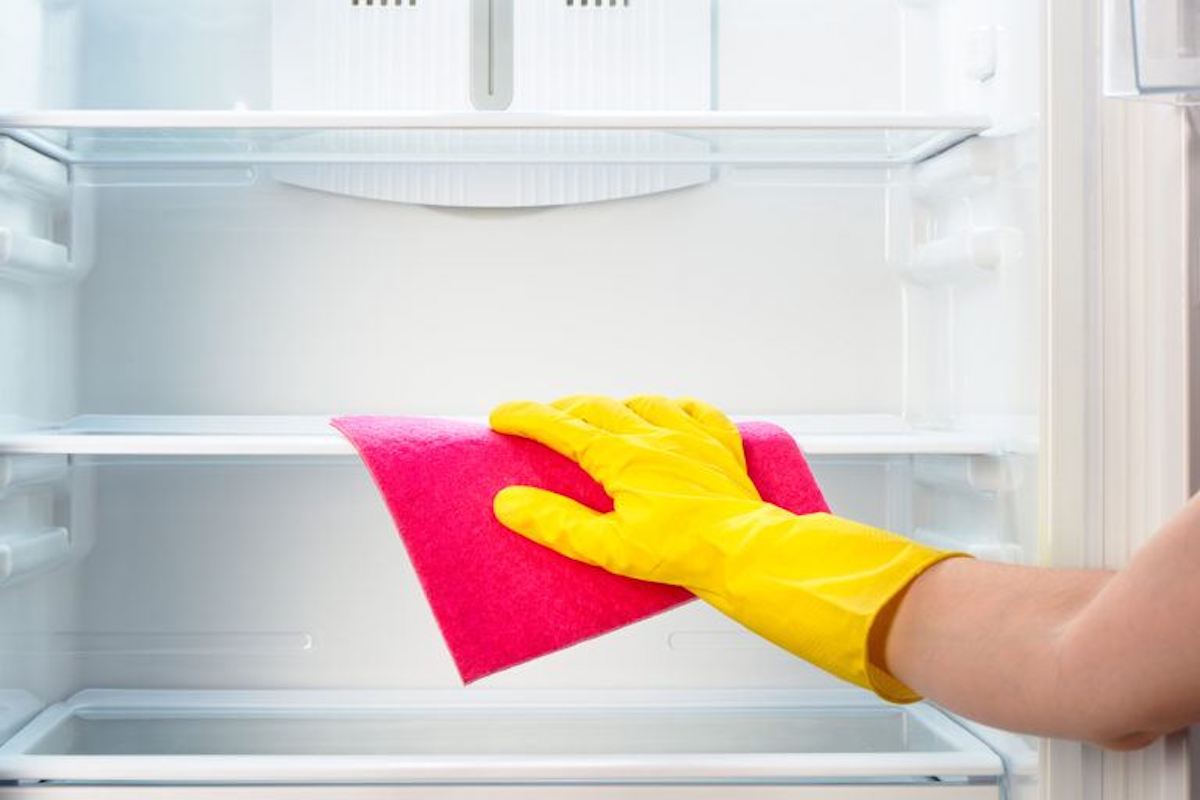
The solution is:
A mixture of water and vinegar in a 1:1 ratio will help you clean your refrigerator easily. Illustration image
Drain Pipe: Pour vinegar onto a small brush to get inside the drain pipe. Sprinkle baking soda onto the brush, then scrub to eliminate odor and accumulated dirt.
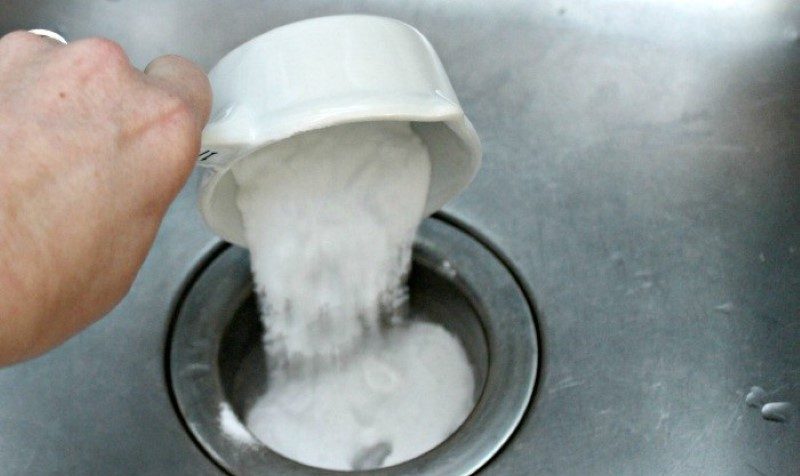
The vinegar and baking soda duo will help you get rid of clogged and smelly drains. Illustration image
Cutting Board: Try using white vinegar to clean your cutting board. Spray vinegar directly onto the surface, then rinse to clean. Vinegar will help remove the fishy odor, as well as any lingering smells from meat on the board.
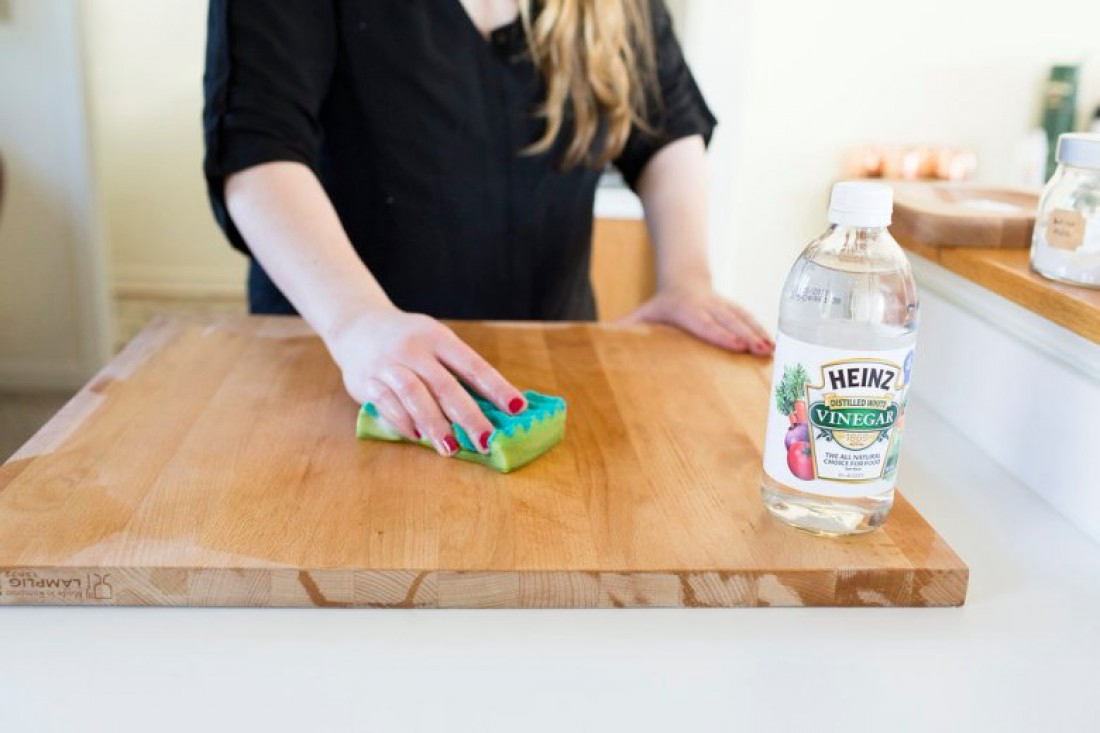
Vinegar or lemon will help you clean the cutting board after each food preparation. Illustration image
Microwave: Remove stubborn stains and dirt in the microwave by placing 1/2 cup of vinegar and 1/2 cup of water in a glass bowl. Microwave for about 2-3 minutes or until the solution boils, then you can easily wipe away the accumulated stains.
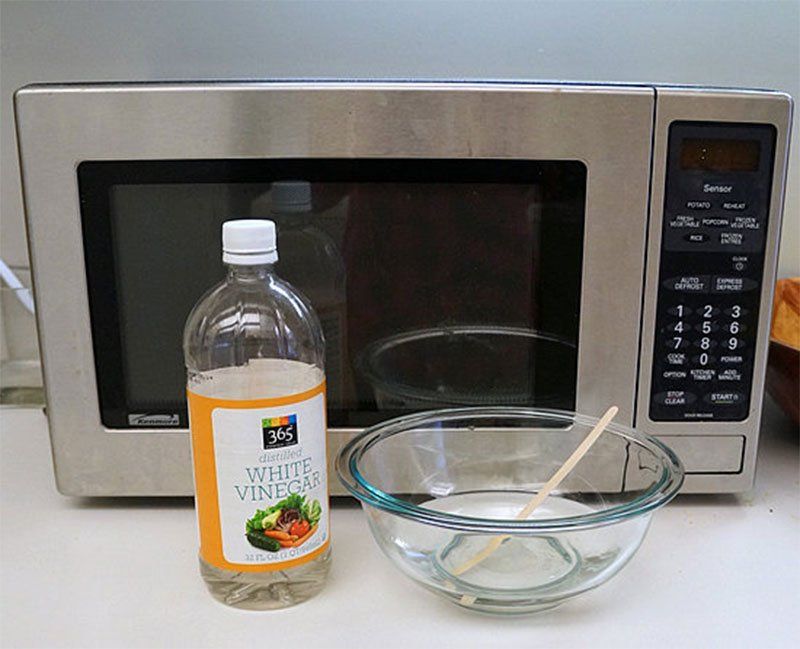
Cleaning the stains stuck in the microwave will be easily wiped away after using vinegar and water to rotate inside the microwave. Illustrative image
Kitchen countertop: Cleaning your kitchen countertop with white vinegar is extremely easy: Simply spray vinegar onto the surface and wipe it clean with a damp and moist cloth. However, you should avoid cleaning a granite or marble countertop with vinegar.
























